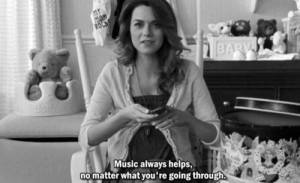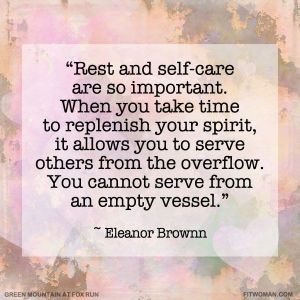Today I am sitting here alone in an empty and quiet house. And why is that? Well, sadly just over two weeks ago we had to make the hard decision to put our beloved dog Honey to sleep.

It was a comfort to know that we made the decision that it was in her best interests, as well as taking the pain that she must have been enduring in the final weeks of her life. However, that does not take away the immense pain of losing a beloved pet, as she was such a big part of our family. The loss is great, and the loss is even more evident as I am sitting alone in the house whilst experiencing unrelenting symptoms. Honey was a great source of comfort and companionship on my worst days, especially those that were spent whilst devoid of any human companionship.
Although, if something such as fall were to happen, Honey would obviously be unable to phone or raise the alarm but just the presence of her was a comfort; during the worst falls that I have had over the years, Honey would always come to my aid, well with a quick sniff and lick to ensure that I wasn’t badly hurt before lying down by my side until one of her other humans came home.
On the days where it was just me and Honey and I was unable to get out of bed because of weak and trembling legs, Honey would regularly run upstairs to check on me before settling on her favourite seat back downstairs. Other times, I would awaken from a nap to find Honey laying on the carpet beside my bed.
Now Honey is no longer with us, and its first time since her passing when I have both been on my own and experiencing one of my worst days and I am feeling much less secure and safe. I feel like a small child whose security blanket has been snatched from their arms. Without the dog around to comfort and protect me (yes, every little noise when left alone was seen as a threat to me and would be met with a lot of barking!) it has made this particularly bad day feel that much worse and feel a lot longer than the seven hours I would have spent alone.
For those like me, living with a chronic illness, pets can be a very important presence in our lives. This is especially considering most of our time is spent in the house, often on our own as those we live with go off to school or work, and we are left in the company of a beloved pet such as a dog. They help to ease our loneliness that we often feel when living with a long-term health condition and shines a bright light during the darkest of days living with persistent symptoms.
Honey made me laugh so much, even on the days when it seemed I had nothing to laugh about, but she would only have to look at me with her big, chocolate-brown eyes, or do something fun and it would a big smile on my face.

Yes, they provide companionship and support, but also they become a substitute for friends in a way, our close allies to attempt to live a full and happy life despite chronic illness. Our beloved pets, give us their unconditional love and support, and the fact that we live with unpredictable and often severe symptoms does not bother them in the slightest, in fact they often show us more love and affection because we do as they can sense that not all is well with us, and they only want to make us feel better in any way they can.
This has been only been my experience of living with a dog for the fourteen years we had with Honey. Dogs, in particular, are incredibly non-judgemental, not caring what we look like or why we have cancelled on plans, unlike a lot of humans that we come across during our everyday lives.
There are an incredible amount of studies that have shown the many health benefits of owning a pet. For example, it has been shown that pets can lower blood pressure, lessen anxiety and boost immunity as well as increasing exercise for those with dogs when taking them for their exercise! There are also the social benefits to help curb loneliness and isolation, such as the ability to meet new people whilst taking a dog for a walk for example.
And yes, I agree that there are numerous health and social benefits to owning a pet, but for those living with chronic illness and/or disabilities they can enrich our lives in so many other ways.
Thank you, Honey, for always being there during my times in need, and for constantly being a source of comfort and companionship. Thank you for making life brighter when illness threatened to block out the light,
We will never forget you.
Sleep tight, old friend.

RIP Honey (2001-2016)















